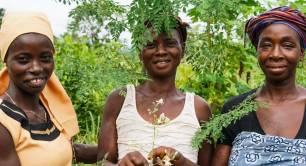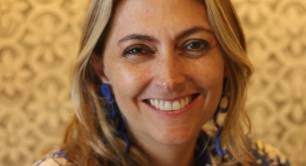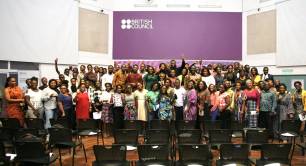‘I expected to start a business and take over the world’ – Amma Lartey, Impact Investing Ghana
MY IMPACT CAREER: Amma Lartey, a long-time entrepreneur, has been a major force in growing the impact economy in West Africa, co-founding Social Enterprise Ghana and becoming the first CEO of Impact Investing Ghana. She shares how a love of making money found its perfect match with a deep-rooted desire to help others solve problems.
From selling cookies as a kid, to learning tough lessons as the “very cocky” 21-year-old founder of an events business, Amma Lartey has always been thoroughly entrepreneurial. “I enjoyed selling, and I enjoyed making money,” she tells Pioneers Post, on a call from the passenger seat, as she’s driven through her home city of Accra, Ghana.
But she is also deeply shaped by the values instilled by her parents: both academics, they dedicated their lives to helping others, and the young Lartey followed their lead. “I was always picking up some cause or the other… I assumed that’s what everybody did,” she says.
It was while studying for an MBA at Babson College in Boston – a leading university for entrepreneurship in the US – that she first came across the concept of social enterprise, and realised that those two passions of running a business and doing good could be combined.
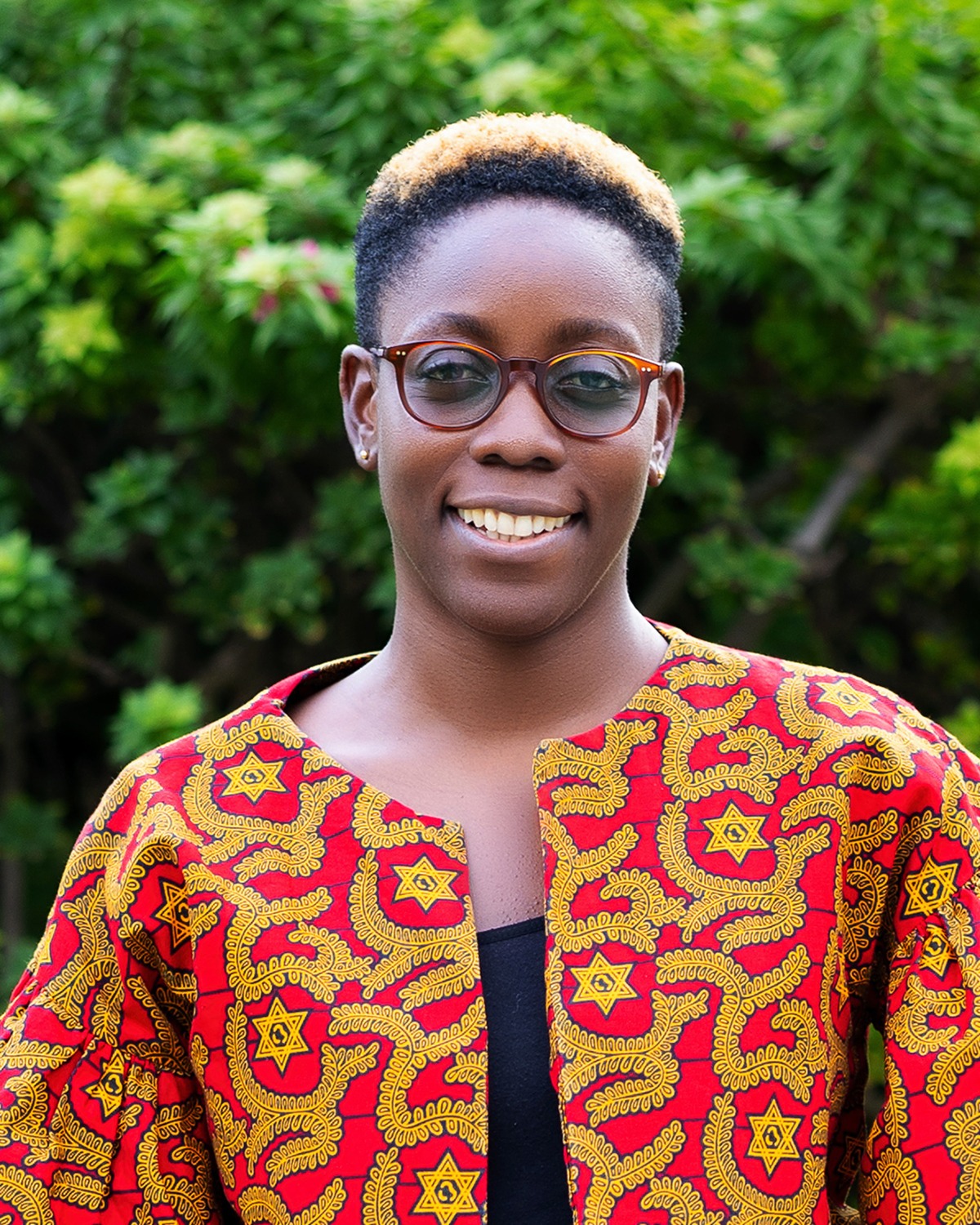 When Lartey returned to Ghana, wanting to raise a family there, she was still looking for an idea for her next commercial business. In the meantime, she began working with Reach for Change, a Swedish NGO that supports social entrepreneurs, leading its work to expand into several African countries. Working with “amazing” founders operating in some tough conditions led Lartey to realise that what she really loved was “working with people to solve big problems”.
When Lartey returned to Ghana, wanting to raise a family there, she was still looking for an idea for her next commercial business. In the meantime, she began working with Reach for Change, a Swedish NGO that supports social entrepreneurs, leading its work to expand into several African countries. Working with “amazing” founders operating in some tough conditions led Lartey to realise that what she really loved was “working with people to solve big problems”.
She was well-placed, then, to co-found Social Enterprise Ghana, a national network which some experts credit with making Ghana a global hotspot for social enterprise.
In 2021, Lartey became the first CEO of another influential organisation, Impact Investing Ghana, which aims to unlock US$1bn in funding for Ghana and West Africa, including through a new blended finance vehicle, the Ci-Gaba (meaning ‘progress’) Fund of Funds (Ghana’s own version of the UK’s Better Society Capital impact investment wholesaler). Lartey won the “Outstanding Individual Achievement” category in the Africa Impact Investment Awards in 2024 for her work at Impact Investing Ghana: the judges described her as a “celebrated trailblazer” who had “contributed significantly” to developing the impact investment market in West Africa.
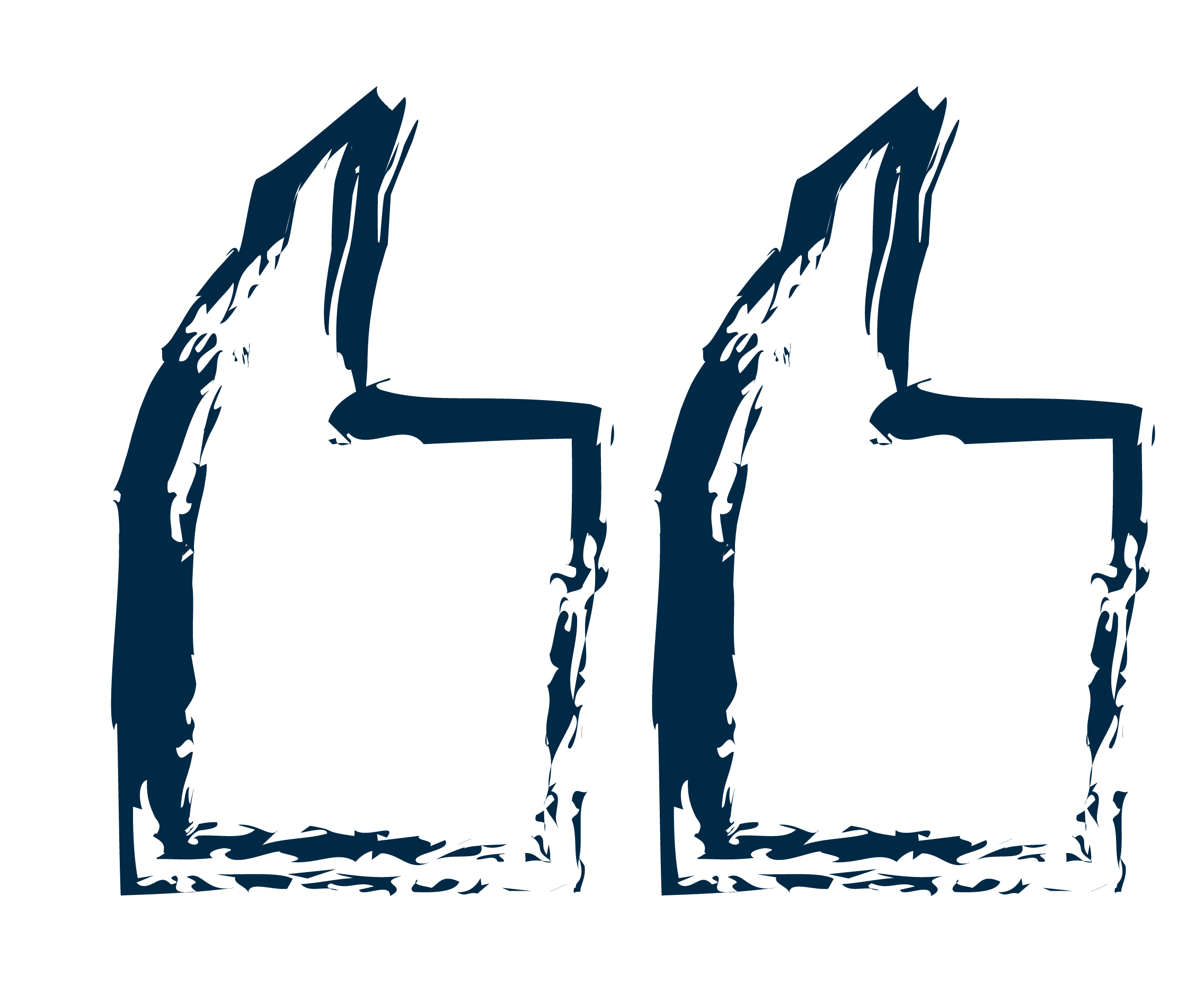
My parents were very socially active, always volunteering. My mum was a therapist and my dad was a clinical psychologist. I was always picking up some cause or another and my parents would jump right in and help me figure it out. I assumed that’s what everybody did, that you could solve people’s problems by telling your parents, and they would problem-solve with you. I think that makes you believe everything is possible.
I started setting up small businesses as a child. I sold mangoes and cookies. I also come from an ethnic group that is known for commerce. They are the traders of Ghana.
I went to boarding school. Most Ghanaian kids go and it’s seen as a very positive experience, because you escape your parents in your teen years when they’re not cool. I think it reduces the teenage-parent angst. Your parents write you letters, and you get to know them in a different way because of the distance. I have two older foster sons, and when they were teenagers, it was such a reminder of my own teenage years. That gave me patience, and also hope, because I’m great friends with my parents now.
I was a very, very cocky 21-year-old. I expected to leave school and start a business with my own money and take over the world. I had some early wins but there was a lot I didn’t know, about managing people and about how to make sure people pay you on time. I needed a new idea, and that’s how I ended up in Babson [College, in the USA]. I couldn’t just sit and twiddle my thumbs.
|
Bio in brief
|
I joined Reach for Change when I came back home [to Ghana]. They were setting up operations in seven African countries and it was a great lesson in cross-cultural differences. Africa is not a homogeneous place, and there’s a lot of localisation that needs to be done for any programme to work well. We need to enter places with a lot of humility and a lot of asking questions. There are amazing social entrepreneurs everywhere. In fact, the more difficult the environment, the more outstanding they are. By that time, I’d come to the conclusion that I really like working with people to solve big problems. So maybe what I should do is not set up my next commercial business, but figure out how to scale up impact.
Social Enterprise Ghana couldn’t be founded by one person. About 20 organisations agreed to come together and set up this organisation to build the social enterprise sector. And it’s still going strong. It’s focused very strongly on supporting social enterprises led by, for example, people living with disabilities, or those who may not be the first people you envisage when you think ‘social entrepreneur’.
Just for regular SMEs, there’s a $5bn SME financing gap in Ghana. That’s money that just isn’t there. I began to think, we need to deal with this financing issue, and to bring impact to the forefront of regular businesses.
The challenge in my current job at Impact Investing Ghana is to stick to a strategy that we know works, even if that’s not the sexy thing to fund. Right now we need to figure out how to draw in more income without stopping being catalytic and taking risks. Ultimately, you need a blend of resources that allows you to do different things. And it doesn’t come to you in a perfect package with a bow.
The closure of USAID has pushed us to become more resilient and more creative in building earned income models into the work we’re doing. Things that we thought the market may not be ready for, we are realising that we can begin to ask the ecosystem to bear some of the cost. It’s not just USAID: it’s other countries across Europe also cutting their aid budget. That signal pushed us to innovate.
My proudest achievement at Impact Investing Ghana is bringing the Ci-Gaba Fund of Funds to market, because of its potential to shape the market in multiple ways, like embedding impact measurement and management into venture funds as we’re building the industry. Quite a few people told us in the early days that it wasn’t possible, and it wasn’t possible in the timeframe we wanted – and yet it happened.
I get so inspired by what young people in Africa have been able to accomplish with very little resources. It fires me up. Those of us that are a little older need to use our skills and networks to pave the way for them, because this is the youngest continent in the world, and the whole world will be better and safer if Africa’s young people have jobs – and have values that are more inclusive than the values that are becoming mainstream across the world. It’s still up for grabs. You can reach them: they’re connected online [but] they still live in communities that are very communal in their values. They’re not living in very individualistic, siloed communities, for the most part.
I’m very thankful. When I look back, I see a divine hand picking everything, including the business challenges when people wouldn’t pay me, and putting it into this sort of collage of life. I’m a person of faith, so I believe there is a divine hand that’s sort of God, putting everybody on a journey that is unique to them. If you trust in that, even in a difficult time, you know it’s temporary, and there’s something to learn.
Reading recommendations: Amma’s impact inspiration
- Crucial Conversations: Tools for talking when stakes are high, by Kerry Patterson, Joseph Grenny, Ron McMillan and Al Switzler
- The Bible
|
|
All photos supplied by Impact Investing Ghana


